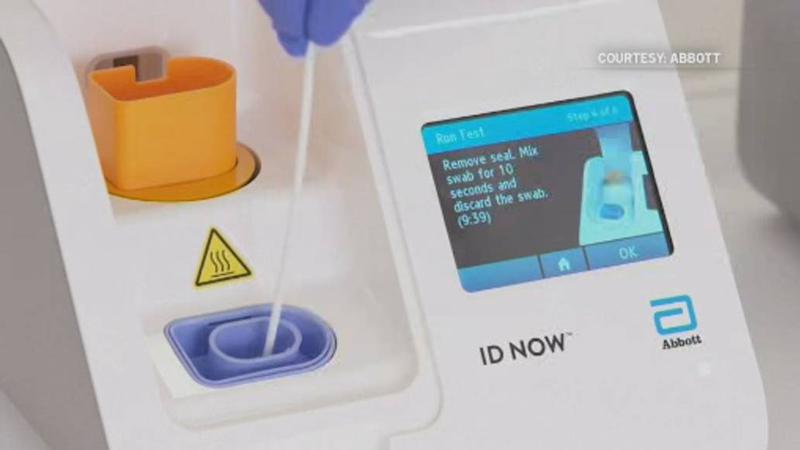
Seniors care advocates push B.C. government for rapid tests in long-term care screenings
KAMLOOPS — To prevent COVID-19 transmission in long term care or assisted living facilities, the province is being called on to add rapid testing to virus-screening routines.
The B.C. Seniors Advocate and the B.C. Care Providers Association have asked for the tests to be considered for deployment. The province says it hasn’t done so already because the tests have a lower accuracy rate and it worries the extra protocol would be too much of a burden on care workers. However both organizations say the tests are simple enough to use and they could be an added layer of screening protection for vulnerable seniors.
Even with visitor limits, PPE and enhanced cleaning, Provincial Health Officer Dr. Bonnie Henry says outbreaks continue to occur in long term care and staff continue to unknowingly pass the virus to residents.


